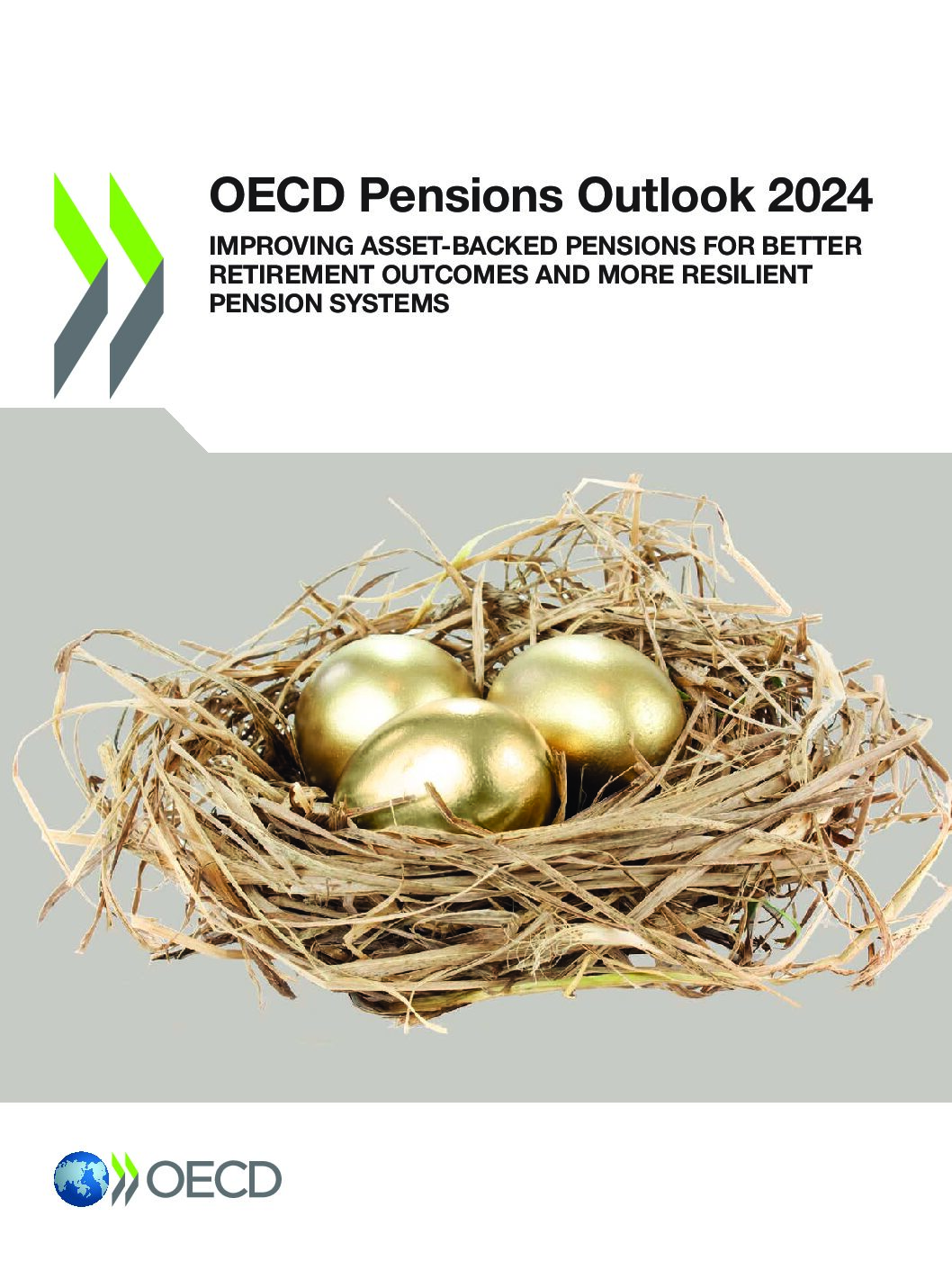Do pension participants want the freedom to choose or the freedom to snooze?
By Hendrik P. van Dalen and Kène Henkens
Individual freedom of choice is a much heralded and cherished principle in democracies. Milton Friedman and colleagues at his alma mater, the University of Chicago, made this a cornerstone of their belief (Friedman & Friedman, 1990). The freedom of choice is the antidote to excessive government interference and an instrument which enables people to realize their goals and discipline agents and organizations. The call for freedom is getting louder as individualization of every life is becoming more and more visible and trust in institutions is eroding. Numerous sociologists of name and fame (Beck, 2002; Putnam, 2001) have documented this trend and predicted its dire consequences. Policy makers have translated this trend into privatizing tasks and services which were financed or provided on a collective scale. Of course, the question remains: do people really want to take the fate of their lives in their own hands? For simple products and services freedom can be safely entrusted to individuals, but for complex services with long lasting consequences freedom of choice may not be in the interest of citizens at all. This question will probably be at the forefront in debates about many reforms in social security, health care, pensions as governments are shifting risks from collective levels to the level of the individual.
Read more, or access the full paper
Read also our related reading recommendations
Simplifying Choices in Defined Contribution Retirement Plan Design
Why Do Defaults Affect Behavior? Experimental Evidence from Afghanistan
Consumer Confusion: The Choice of Afore in Mexico
Automatic Enrollment and Choices of Pension Plans: An Experimental Study in Brazil










